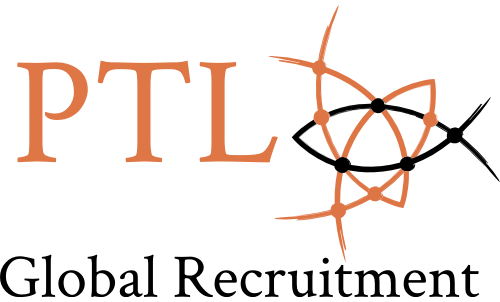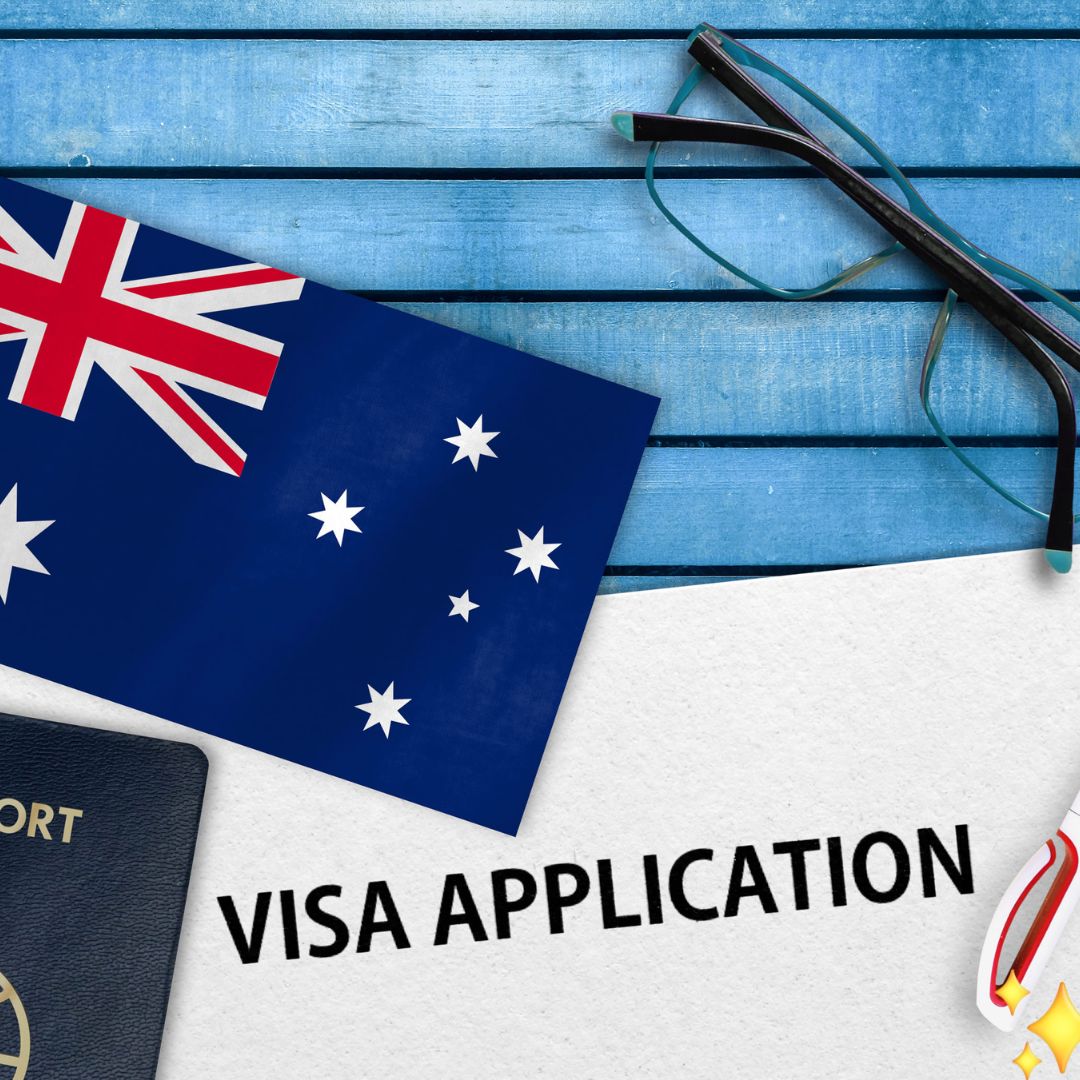Understanding Work Culture in Australia
Australia’s work culture is widely admired for its emphasis on balance, fairness, and collaboration. Known for its laid-back lifestyle, Australians bring a similar approach to their workplaces, blending informality with professionalism. Understanding the nuances of work culture in Australia is essential for anyone planning to work with a global recruitment agency or establish professional relationships in the country. In this detailed exploration, we’ll uncover the defining characteristics, key values, and how these elements contribute to a thriving work environment, offering insights valuable for professionals and recruitment partners alike.
Key Characteristics of Work Culture in Australia
Team-Oriented Collaboration
Australian workplaces prioritize teamwork and collaboration. Employees are encouraged to share ideas, discuss challenges openly, and contribute to solutions. This team-oriented approach fosters a sense of belonging and mutual respect among colleagues. Managers often adopt a participative leadership style, where decisions are made collectively rather than imposed hierarchically. Such inclusivity not only boosts morale but also enhances innovation and efficiency in the workplace.
Work-Life Balance
Work-life balance is a cornerstone of Australian work culture. The standard workweek is 38 hours, and flexible working arrangements are increasingly common. Employers understand the importance of personal time and often promote initiatives like remote work, adjustable hours, and mental health programs. Employees are encouraged to use their annual leave to recharge and spend quality time with family and friends, ensuring a healthy balance between their professional and personal lives.
Informal and Friendly Environment
Australian workplaces are known for their informal and friendly atmosphere. While professionalism is valued, there is an emphasis on approachability and interpersonal relationships. Hierarchies exist but are less rigid, making communication between employees and management more open. First names are commonly used, even in interactions with senior executives, reflecting a culture of equality and mutual respect.
Multicultural Diversity
Australia is a multicultural nation, and this diversity is evident in its workplaces. Companies value and celebrate the contributions of individuals from different cultural backgrounds. Such diversity not only enriches the work environment but also enhances creativity and innovation by bringing varied perspectives to the table. Organizations frequently implement policies promoting inclusivity and equality, ensuring that everyone feels valued and respected regardless of their background.
Punctuality and Efficiency
Punctuality is highly regarded in Australian work culture. Arriving on time for meetings and completing tasks within deadlines are considered signs of professionalism and respect for others’ time. While the work environment may seem relaxed, Australians take their responsibilities seriously and prioritize efficiency in all their endeavors.
Workplace Norms and Etiquette
Communication Style
Australians value direct and honest communication. In the workplace, employees are encouraged to express their opinions, ask questions, and provide constructive feedback. The communication style is straightforward yet polite, with an emphasis on clarity and transparency. Meetings are often concise and to the point, focusing on actionable outcomes rather than lengthy discussions.
Dress Code
The dress code in Australian workplaces varies depending on the industry. Corporate environments like finance and law typically require formal attire, while creative sectors such as marketing and design lean towards smart casual or even casual wear. Fridays are often designated as “casual Fridays,” where employees can dress more comfortably.
Celebrations and Social Activities
Workplace celebrations are an integral part of Australian work culture. From milestone achievements to festive occasions like Christmas, employers often organize events to foster camaraderie among employees. These activities may include team lunches, office parties, or outdoor team-building exercises. Such events help strengthen bonds among colleagues and create a positive work environment.
 Legal Framework and Employee Rights
Legal Framework and Employee Rights
Australia has a strong legal framework to protect employees’ rights and ensure fair treatment in the workplace. The Fair Work Act governs employment conditions, covering aspects such as wages, working hours, leave entitlements, and workplace safety. Key provisions include:
- Minimum Wage: Australia has one of the highest minimum wages globally, ensuring fair compensation for workers.
- Leave Entitlements: Employees are entitled to annual leave, parental leave, and sick leave. Long-service leave is also granted to employees who have worked for the same employer for an extended period.
- Workplace Safety: The government enforces strict occupational health and safety regulations to protect employees from workplace hazards.
- Anti-Discrimination Policies: Employers are required to provide a workplace free from discrimination and harassment, promoting inclusivity and equality.
Challenges in Australian Workplaces
While the work culture in Australia is generally positive, certain challenges persist. One significant issue is the gender pay gap, which remains a topic of ongoing discussion and reform. Additionally, skills shortages in certain industries, particularly in healthcare and technology, pose challenges for employers. High living costs in major cities like Sydney and Melbourne can also impact employees’ financial well-being.
 Adapting to Australian Work Culture
Adapting to Australian Work Culture
For newcomers, adapting to the work culture in Australia can be both exciting and challenging. Understanding and embracing the core values of equality, respect, and collaboration is essential for a smooth transition. Building strong interpersonal relationships, respecting diversity, and maintaining professionalism will go a long way in fostering successful work experiences.
Conclusion
Australia’s work culture is a unique blend of professionalism, inclusivity, and informality. Its emphasis on work-life balance, teamwork, and diversity creates an environment where employees can thrive both professionally and personally. For those seeking jobs in Australia, understanding and aligning with these cultural values is essential. By embracing the local work culture, individuals can foster productive and fulfilling relationships within the Australian workplace. Whether you are an employee, an entrepreneur, or a business collaborator, aligning with Australia’s work culture will enhance your experience and open doors to exciting opportunities in jobs in Australia.





